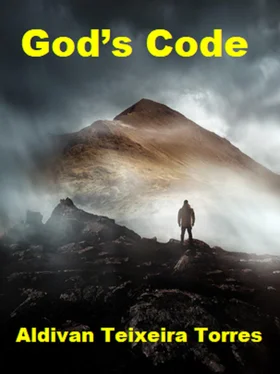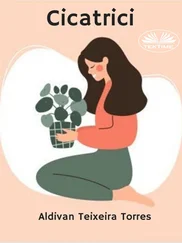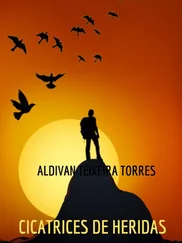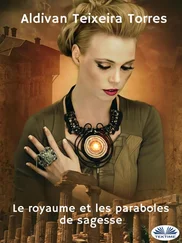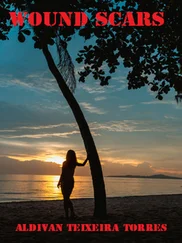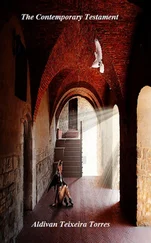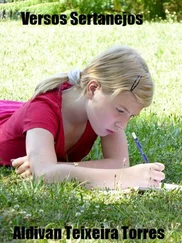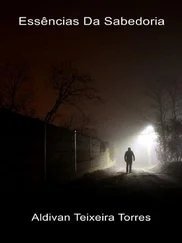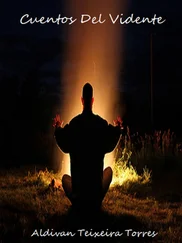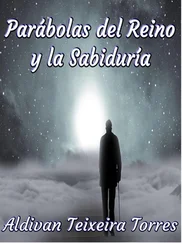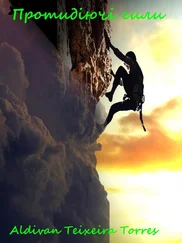3.7- Transfusions, UTIS, Surgeries
3.8- Circumcision, promises, the Sabbath day
3.9- Seers, letters, spiritual works, etc.
3.10- The destiny of man
3.11- The action of God through men
3.12- The notion of sin
3.13— Miscellaneous topics related to religion
Part IV — On the way to another city
4.1— Prostitution
4.2— Virginity
4.3— Types of union
4.4— Types of relationship
4.5— Sexual taboos
4.6— Sexually Transmitted Diseases (STDs)
Part V— New Directions
5.1— Types of regime
5.2— Brazilian political history
5.3— Corruption
5.4— Miscellaneous topics
5.5— Resuming the debate
5.6— Confidences
Part VI— Working
6.1— First topics
6.2— Public sector, private, competitions, technical training
6.3— Quality of life, trade union movement and the rights and duties of the Worker
Part VII — Scientific
7.1— The role of the media
7.2— Brazilian energy matrix, the universe
7.3— Environment
Part VIII— SocioeconomicCity
8.1— Some important issues
8.2— Other topics
8.3— Sports and leisure
Part IX— Educulting
9.1— Educational modalities, public school versus the private and remuneration of education professionals
9.2— Illiteracy, role of teachers, formation peoples, cultural heritage
9.3— Programs supporting culture, literature and the challenge of publishing
Part X— Health
Part XI— Sodorra
11.1— The Sermon of the Desert
Part XII — Final
Epilogue
It was once a simple middle-class family residing in the rural area of the municipality of Arcoverde-Brazil with surname Andrade Correia. The family was made up of five people: Philliphe Andrews, the father, Angelica, the mother, Samantha, Constantine and Bartholomew, their children. For a long time, they lived in peace.
Philliphe was the kind of distant father, very attached to work, who usually only paid more attention to his wife and children on weekends. It was little, but no one complained, for it was a necessary evil.
Everything was going on within normalcy until the fatal day. It was at the end of the school year, when the whole family gathered, packed their bags, got into the car, and set off for the weekend to get away from the monotony of everyday life.
Initially, nothing unusual happened. They were crossing the barriers of the busy BR 232 Highway and arriving near Caruaru, at the end of a curve, they were surprised by another car coming towards them. Result: Front collision, with cars coming off the main lane.
The rescue came fast, all were sent to the hospital in the capital of the harsh with the help of firefighters being treated in a state of emergency when they get there. Initial efforts were made to restore their health and some had to be referred to the ICU.
Within the hospital, two days passed and unfortunately the accident had resulted in fatalities: Four from the Correia Family and another from the Gouveia Family, occupants of the other vehicle. Of the first, the only one left was Philliphe. He still did not know, therefore, his state of health required care.
A little while later, the wounds were healing, and when the doctors realized he was well he was told the bad news that he had lost his entire family in the tragic accident. The reaction swung from the initial shock to revolt. And now? What would he do?
The first thing he did was collaborate in every way for a faster recovery. The goal was to get away from the sad, macabre place of the hospital.
With a week of effort, he was finally released and the first thing he did was to call a cab. He waited another fifteen minutes for the driver to arrive, a blue canopy, and on boarding the same he greeted the driver and indicated his destination: The bus station. At his signal, the car immediately left and faced a heavy traffic arrived in fifteen minutes to the desired location. Philliphe paid for the ticket, said good-bye, and went downstairs. He drove to the booth where he was informed that the next bus to Arcoverde would arrive in an hour. In order to pass the time, he crossed the avenue, took juice with cheese bread in the cafeteria and still had time to spend in a small bookstore where he bought his favorite magazines. After, he crossed the avenue in the opposite direction and returned to the bus station. He bought the ticket and waited some more.
Arriving the bus bound for his beloved Arcoverde, he did not waste time, entering immediately choosing one of the front seats. He waited a little longer and then finally they're off.
This was the beginning of the journey back. During the long journey, he had time to reflect on the present state, he took conversation with the neighbor of armchair and took the opportunity to read the magazines he had bought. When he felt tired, he took a nap.
Three hours later, he woke up with the bumps of the car and realized that he was near his land, the beloved Arcoverde of so many stories. Moments later, he holds the suitcase, knocks on the driver's cabin and asks to stop. The driver obeys the bus stops and finally he descends, towards its place (fifteen meters), near the town of Caribbean. Holding what was left of the suitcases, it takes another fifteen minutes to reach his house, and when he arrives, he falls exhausted on the bed. He would try to sleep to relieve his troubled mind and would only get up the other day to give a fate to his poor life.
The dense night in Philliphe's life
Dawns. Philliphe wakes up, bathes, changes clothe, prepares and eats breakfast (bread with eggs), he brushes his teeth and leaves for the city where he was to perform his public function. His position was fiscal auditor of the state farm, of high hierarchy and remuneration, fruit of his concurrence efforts.
In twenty minutes' drive, using his own car, he arrives at his place of work, the state farmhouse pole in Arcoverde, a large, two-story building. After passing the entrance gate, he passes through a corridor and another door and then he has access to the main hall where the work groups are located. He gently greets his colleagues and is comforted by the fact of the tragedy. He thanks and starts toil. He spent about eight hours on site and outside work with companions and in this turn no abnormality occurred. When he completes his assignments, he says goodbye, does the same course in feeling the opposite, he goes beyond the entrance-exit gate, and goes to the car that is parked in the neighboring street. When he arrived, he would settle into his seat, he turns on the ignition, and then proceed to solve some pending trade and then he leaves. He takes the main avenue of downtown, goes to the good neighborhood and a few moments later he has access to the highway BR 232.
With moderate speed, it takes only fifteen minutes to get home. He keeps the car in the garage, approaches the door, uses the key to open it and inside the house goes to the kitchen and arriving at the place takes the lunch ready. Heat the food in the stove and feed in a hurry so much his hunger. At the end of lunch, he will take care of domestic and site activities for the rest of the day. Early on, he decides to sleep.
On the other following days, the routine is repeated. Despite being completely normal, his life had changed from head to toe after the tragedy. He lived only from work to home, away from friends, from religiosity and from himself. Anyway, he did not believe in anything anymore.
Psychologically, Philliphe was devastated, sunk in an endless desert. At every moment he wondered: What sin had he committed to fall into such misfortune? Why had not God spared his family? What would he do with his life now that he was alone? Were there any possibilities for recovery?
Читать дальше
